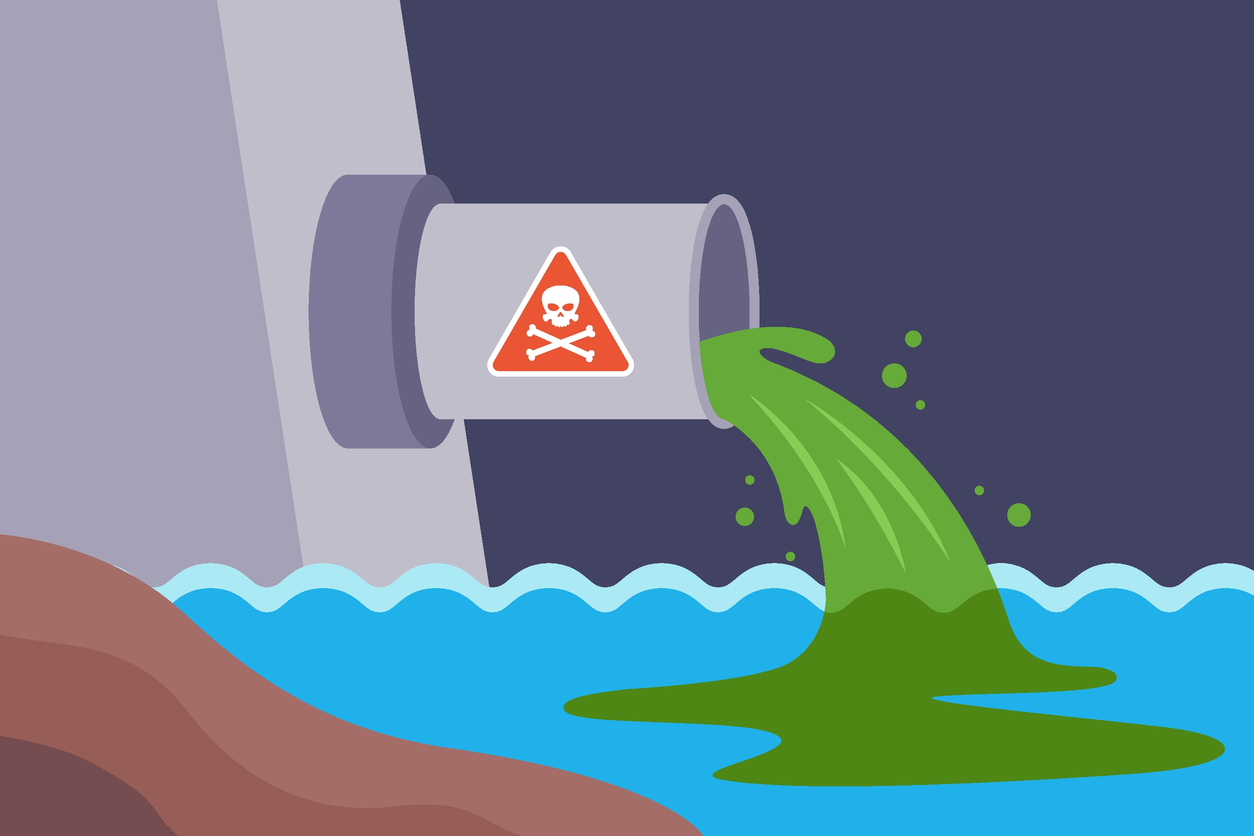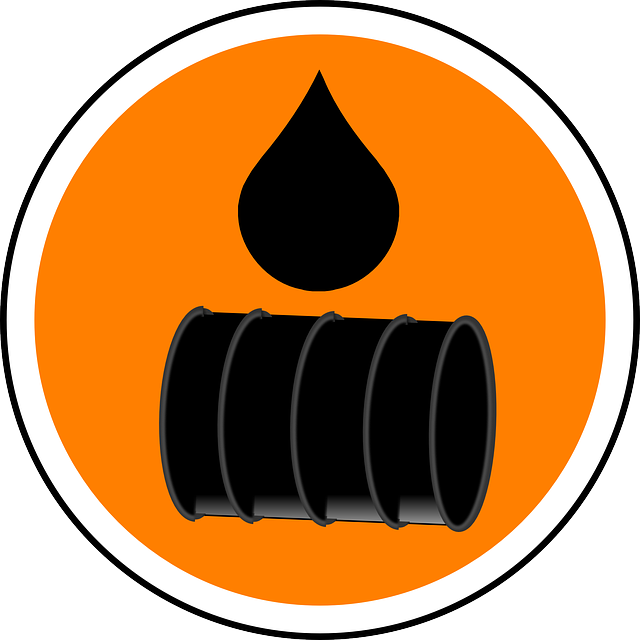Leading Industrial Wastewater Treatment Solutions: Making Sure Compliance and Effectiveness
Leading Industrial Wastewater Treatment Solutions: Making Sure Compliance and Effectiveness
Blog Article
Understanding the Comprehensive Refine of Liquid Garbage Disposal: Ideal Practices and Environmental Effect Factors To Consider
The administration of fluid waste disposal is a multifaceted issue that calls for a comprehensive understanding of various finest techniques and their linked ecological effects. From the kinds of fluid waste produced to the approaches used for collection, treatment, and last disposal, each step plays a crucial function in protecting ecological communities and public wellness.
Kinds of Fluid Waste
Recognizing the numerous sorts of liquid waste is important for efficient monitoring and disposal methods. Fluid waste can be broadly categorized into several types, each requiring distinct handling and treatment approaches.
Industrial liquid waste frequently consists of dangerous materials, including hefty metals, solvents, and chemicals, generated during making procedures. These wastes demand rigorous regulatory conformity to secure human health and the atmosphere. Residential liquid waste primarily refers to wastewater generated from families, consisting of sewage and greywater, which, although much less toxic, can still present considerable dangers if incorrectly taken care of.
Agricultural liquid waste, consisting of overflow from farms, often consists of plant foods and chemicals that can lead to environmental destruction if not treated sufficiently. Medical liquid waste, created from medical care facilities, consists of polluted fluids such as bodily liquids and chemicals, needing specialized disposal techniques to avoid infection and environmental contamination.
Last but not least, oil and oil waste, usually generated by restaurants and auto markets, can cause extreme clogs in drain systems otherwise managed appropriately. Comprehending these categories promotes targeted techniques for therapy, compliance with regulations, and efficient disposal approaches, inevitably advertising environmental sustainability and public health and wellness safety.

Collection Methods
Efficient collection approaches are crucial for the proper management of liquid waste, guaranteeing that it is collected safely and successfully prior to therapy or disposal. Numerous methods are utilized depending on the type of liquid waste generated, the quantity, and the specific features of the waste.
One common method is the use of committed collection tanks or sumps, which are designed to catch liquid waste at the source. These systems typically integrate pumps that help with the transfer of waste to larger storage containers or treatment centers. Additionally, mobile collection systems outfitted with vacuum cleaner technology are utilized in scenarios where waste is created periodically or in hard-to-reach areas.
For industrial settings, closed-loop systems can effectively reduce spills and leaks, enabling the recuperation and reuse of liquid waste. It is additionally important to train workers on appropriate collection methods to alleviate dangers related to harmful materials.
In addition, executing routine upkeep timetables for collection devices guarantees ideal efficiency and safety and security. The combination of innovative tracking systems can improve collection performance by providing real-time data on waste degrees and possible risks. Overall, efficient collection techniques are fundamental to sustainable liquid waste monitoring methods.
Therapy Procedures
Therapy procedures play an important function in the administration of liquid waste, changing potentially hazardous products right into multiple-use resources or secure effluents - liquid waste disposal. These processes can be extensively classified into physical, chemical, and biological techniques, each customized to address details contaminants existing in the waste stream
Physical therapy methods, such as sedimentation and filtration, job by Web Site eliminating suspended solids and particulate matter. These methods are commonly the primary step in the therapy chain, successfully reducing the load on succeeding processes. Chemical treatments entail making use of reagents to counteract unsafe compounds, speed up heavy steels, or oxidize natural pollutants, consequently boosting the security of the effluent.
Biological therapy processes, consisting of activated sludge systems and anaerobic food digestion, capitalize on the all-natural capabilities of microbes to weaken natural issue. These methods are particularly efficient for wastewater consisting of eco-friendly toxins. Advanced treatment modern technologies, such as membrane filtering and progressed oxidation processes, are progressively employed to attain higher levels of purification.
Including a combination of these treatment approaches not only ensures compliance with regulatory criteria however also promotes ecological sustainability by recouping useful sources from liquid waste.
Disposal Options
Exactly how can companies make certain the responsible and risk-free disposal of fluid waste? Efficient disposal choices are crucial for securing public health and wellness and the setting. The key techniques include land treatment, incineration, and disposal complied with by discharge right into community wastewater systems.
Land disposal includes the careful control click of liquid waste in designated land fills, guaranteeing that it does not seep right into surrounding dirt or water. Incineration, on the various other hand, subjects fluid waste to high temperatures, converting it into ash and gases, which require correct purification to reduce emissions. This method appropriates for harmful wastes that can not be treated through standard methods.
In instances where liquid waste can be treated, organizations may decide for chemical or biological therapy procedures to neutralize hazardous elements prior to discharging the treated effluent into municipal systems. This route typically lines up with regulative requirements, making certain that the effluent fulfills safety and security requirements.
Inevitably, organizations need to perform thorough analyses of each disposal alternative to determine its viability, thinking about variables such as waste make-up, regulatory conformity, and possible dangers to health and the setting. By choosing ideal disposal methods, services can contribute to an accountable waste monitoring approach.
Ecological Influence
The environmental influence of fluid garbage disposal is a crucial factor to consider for companies seeking to minimize their environmental impact. Inappropriate disposal approaches can bring about considerable contamination of water sources, dirt degradation, and negative effects on neighborhood communities. For instance, unsafe fluids can leach right into groundwater, presenting risks to alcohol consumption water products and water life. Additionally, the discharge i thought about this of neglected or improperly dealt with waste into surface area waters can result in eutrophication, resulting in oxygen deficiency and the subsequent fatality of fish and other organisms.

To mitigate these impacts, organizations have to embrace ideal practices such as applying strenuous waste therapy procedures, advertising recycling and reuse, and sticking to regulatory criteria. By taking a proactive technique to fluid waste monitoring, entities can considerably lower their ecological footprint while sustaining lasting advancement objectives. Ultimately, a comprehensive understanding of the environmental impacts connected with fluid garbage disposal is necessary for informed decision-making and responsible stewardship of natural deposits.
Verdict
Efficient management of fluid waste is important for safeguarding ecological integrity and public health and wellness. By taking on best techniques in therapy, disposal, and collection, together with adherence to regulative standards, the potential for unsafe contamination of communities can be significantly lowered. Continual improvements in innovation and processes add to sustainable waste administration initiatives. Inevitably, a comprehensive understanding of liquid waste disposal not only reduces ecological effects yet additionally promotes a dedication to responsible source management and ecological stewardship.
The administration of fluid waste disposal is a diverse problem that requires an extensive understanding of various finest practices and their connected environmental impacts. From the kinds of fluid waste produced to the approaches employed for collection, treatment, and final disposal, each action plays a critical duty in guarding environments and public health and wellness.The environmental impact of fluid waste disposal is a critical factor to consider for companies seeking to minimize their ecological footprint. Eventually, a detailed understanding of the environmental effects associated with fluid waste disposal is important for informed decision-making and liable stewardship of all-natural resources.
Ultimately, a detailed understanding of fluid waste disposal not only alleviates ecological influences however likewise fosters a dedication to responsible resource management and ecological stewardship.
Report this page